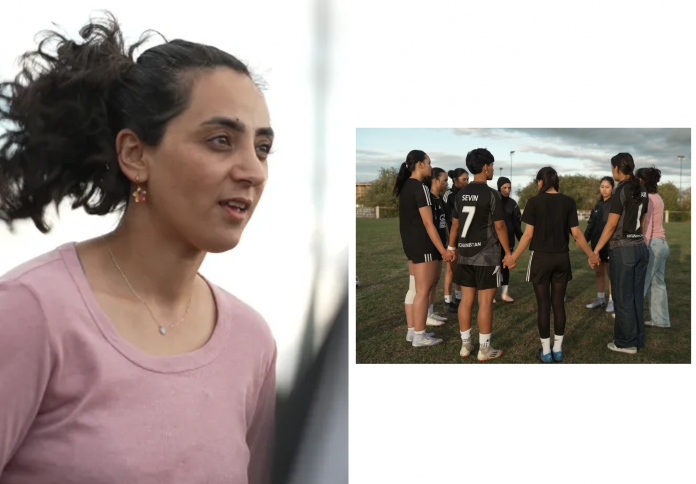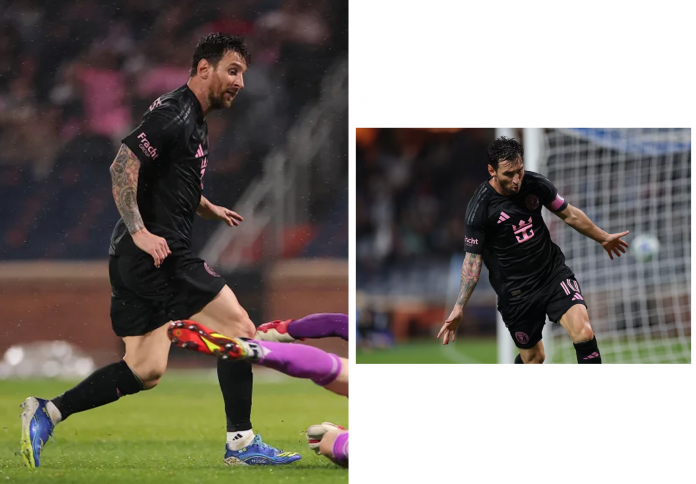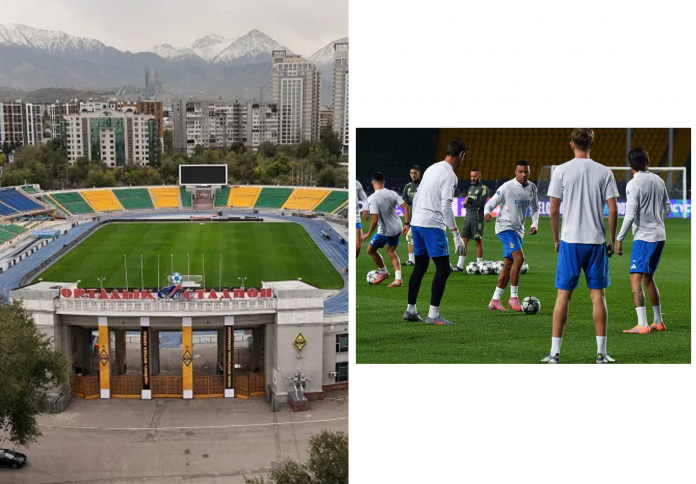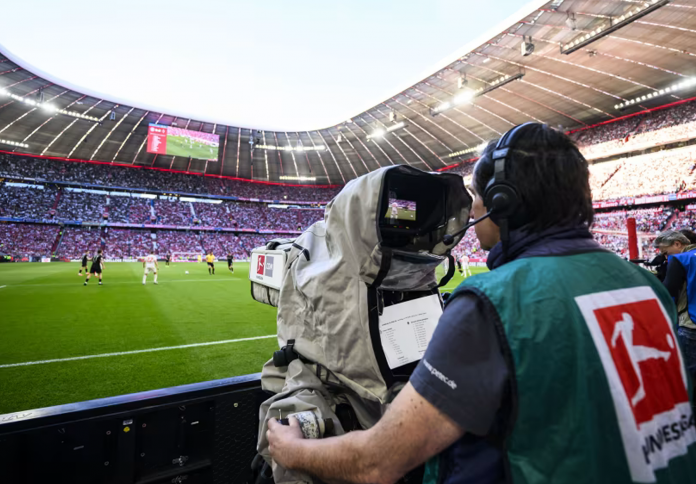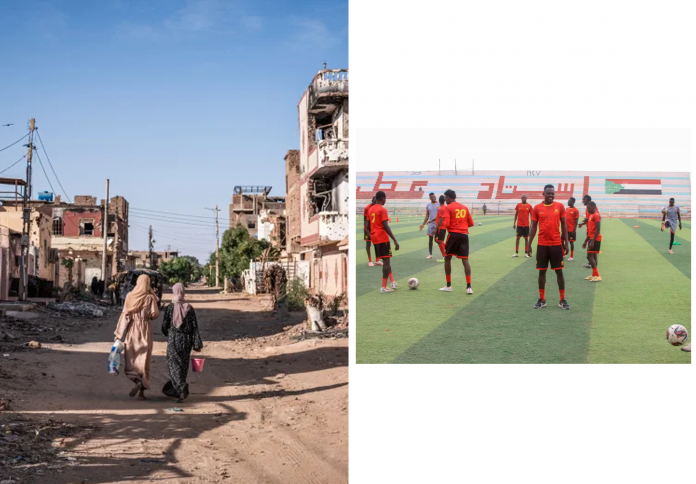Four years after the Taliban’s swift return to power forced them into exile across the globe, the resilient players of the Afghan women’s soccer team have been granted a new, albeit contentious, lease on their athletic careers. Following years of relentless lobbying, FIFA has officially announced the creation of the Afghan women’s refugee squad. For the twenty-three players selected, the moment was a mix of overwhelming pride and deep frustration. While the new squad offers a vital international platform, the governing body has stopped short of recognizing them as the official national team, a designation that remains banned by the Taliban-controlled Afghan Football Federation. This semantic and political battle is critical, as the athletes view soccer not merely as a game, but as a crucial human rights platform to advocate for the women who remain silenced and erased from public life back home.
The Joy and Anguish of the Roster Call
The official announcement of the Afghan women’s refugee squad by FIFA was a moment charged with intense emotion for the athletes scattered across the world. For players like goalkeeper Elaha Safdari, who now lives in England, the news was overwhelming. She spoke of the profound pride her parents, who were forced to remain in Afghanistan, would feel seeing her on a global stage, a realization that moved her to tears. This selection represents a victory of persistence, a culmination of years spent pushing for the right to represent their country after their lives—and their sport—were suddenly extinguished.

However, the celebratory moment was immediately tempered by the political limitations of the squad’s designation. While the players are deeply grateful for the opportunity to compete in an upcoming friendly tournament in Dubai against teams like Chad and Libya, their ultimate goal remains elusive. The recognition they seek is the official title of the Afghanistan Women’s National Team. This distinction is vital; without it, they feel like outsiders, a sentiment articulated by defender Narges Mayeli and player Zainab Mozaffari, who expressed a weariness over continuously being labeled as “refugees” when they step onto the pitch.
The Political Wall: FIFA’s Stance on Recognition
The core of the players’ fight lies in a complex political quandary involving global sports governance. FIFA President Gianni Infantino hailed the creation of the women’s team as a “landmark” step, acknowledging the significance of the initiative. Yet, the governing body maintains its recognition of the Afghan Football Federation (AFF), which, under the Taliban regime, has outright banned women’s sports. This situation creates a stark contradiction, as FIFA’s own gender equality statutes strictly prohibit and punish gender discrimination.

The players, backed by their former captain and mentor, Khalida Popal, are relentlessly lobbying for FIFA to reconcile this conflict. They argue that maintaining recognition of an organization that actively suppresses half its population’s right to play sports is a fundamental failure of the governing body’s own principles. While FIFA asserts that the organization of the refugee team is a landmark achievement, the athletes view it as a necessary but incomplete step, seeing the refusal to grant national team status as a barrier to full recognition and legitimization of their ongoing fight.
From Hidden Jerseys to the International Stage
The personal sacrifices and terror experienced by the players following the 2021 takeover underscore the emotional depth of their current fight. Narges Mayeli recounted the terrifying reality of having to hide all evidence of her past life—burying her jerseys and medals—at the age of 18, a memory that remains painful for her and her father. Their subsequent evacuation through an international rescue effort led them to the UK, where they, along with other players and their families, spent two chaotic years in temporary housing while navigating the complex asylum process.
For these athletes, the ability to play soccer is not just a career; it is an act of survival and salvation. Mayeli states unequivocally that “Football saved my life and obviously my family’s life, and so many other girls and so many other people’s lives.” Having endured this tumultuous journey, many are now rebuilding their lives; Mayeli herself has begun a degree in sports management, using the discipline and focus learned on the pitch to drive her academic pursuits. The sport, which was nearly erased from their lives, is now the bedrock of their new existence.
Soccer as a Platform for Human Rights and Advocacy
The work of the Afghan women’s soccer team transcends the boundaries of the pitch; it is inherently a human rights platform. The players are acutely aware that their visibility directly challenges the Taliban’s systematic erasure of women from public life back in Afghanistan. Najma Arefi, a 22-year-old defender who aspires to become a human rights lawyer, laments the sudden collapse of freedom in her home country, emphasizing that women are disproportionately suffering from every hardship, a point she is quick to link even to natural disasters like the recent deadly earthquake.

Their cause is championed by Khalida Popal, the team’s former captain who was forced into exile back in 2011 for speaking out against corruption. Popal, who now works as a mentor for the refugee squad from Denmark, sees the game as an essential tool for activism. She acknowledges the sacrifices made by the players and views their collective fight as a continued effort to be the voice for their sisters in Afghanistan who have been silenced. For Popal and the players, knocking on FIFA’s closed doors is a necessary form of sustained protest, demanding recognition not just for a team, but for the fundamental rights of every Afghan woman.
The Ongoing Battle for Identity and Legacy
As the 23-player squad prepares to reunite for training and friendly matches in Dubai, the excitement is palpable, driven by a deep, almost desperate hunger to play. Goalkeeper Safdari encapsulates this feeling, stating, “The Taliban took my dream away and I’m just eager—I’m just hungry to play.” Yet, the underlying frustration over the lack of full national team recognition persists, overshadowing the temporary joy of the moment.
The athletes’ struggle is ultimately one of identity and legacy. To be called the “refugee team” is a constant reminder of the persecution and displacement they endured. They understand their circumstances, but they believe their commitment and their cause merit the highest distinction—the right to officially wear the flag and carry the title of the Afghanistan Women’s National Team. Their fight is a powerful statement about the non-negotiable nature of gender equality in sports and a reminder to the global soccer community that sometimes, the most important game is played off the field.
